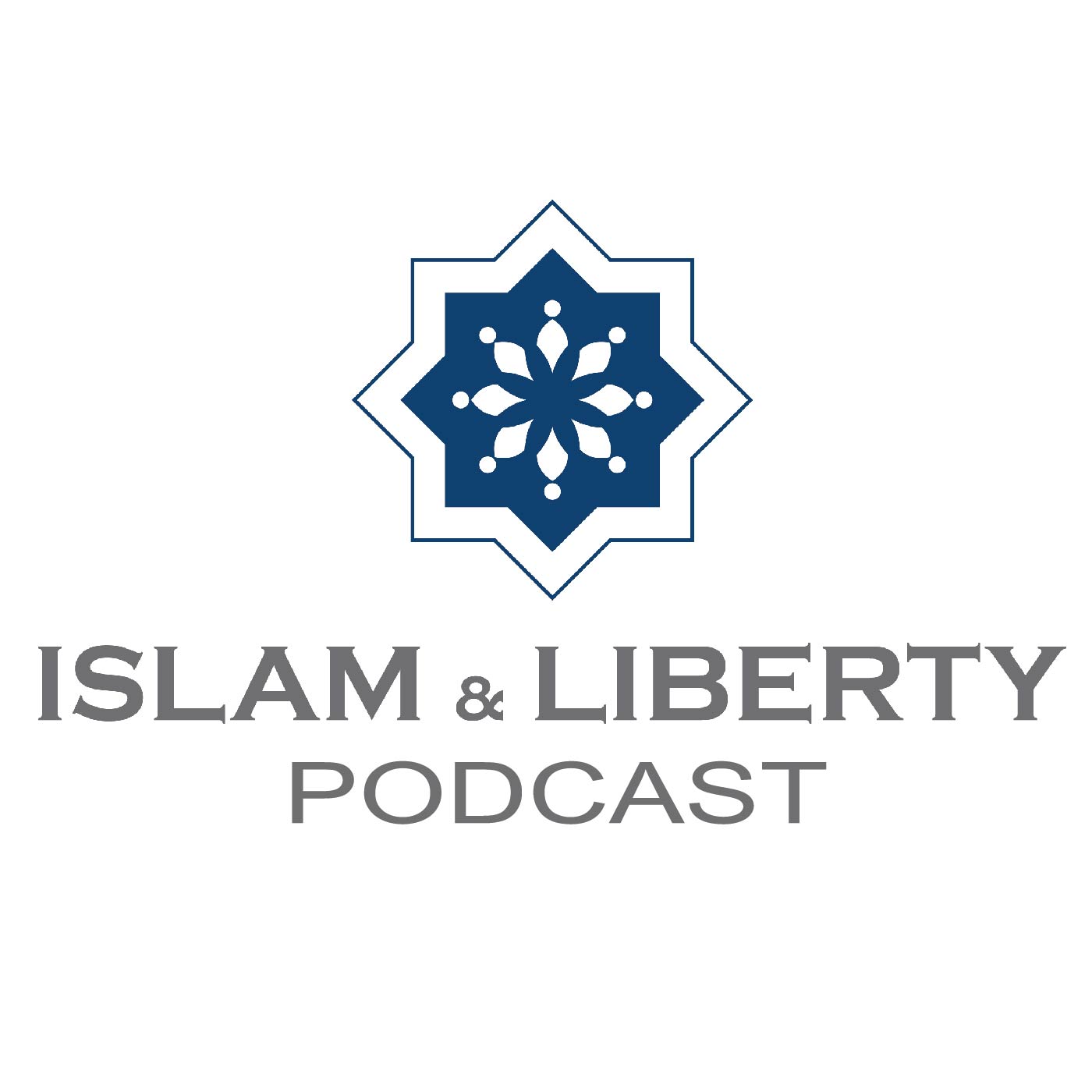Episodes
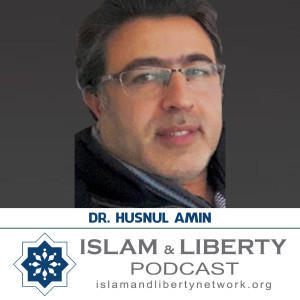
Tuesday Jan 26, 2021
Episode 040 - Dr. Husnul Amin: Post Islamism in Muslim Societies
Tuesday Jan 26, 2021
Tuesday Jan 26, 2021
Dr Husnul Amin is the ILN Pakistan Fellow. He is a Fulbright Research fellow at the Stockton University New Jersey US. He is working on recent civic rights and social mobilizations in the north-west of Pakistan. He is on sabbatical from his permanent position of Associate Professor of Politics and Executive Director of the Iqbal International Institute for Research and Dialogue, International Islamic University Islamabad.
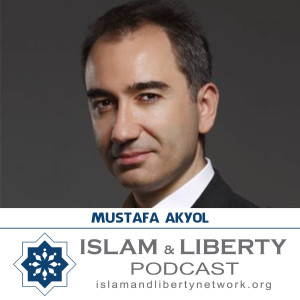
Tuesday Jan 26, 2021
Episode 039 - Mustafa Akyol: Islam, Religious Freedom and Hagia Sophia
Tuesday Jan 26, 2021
Tuesday Jan 26, 2021
Mustafa Akyol is the ILN Global Fellow. He is a senior fellow at the Cato Institute’s Center for Global Liberty and Prosperity, where he focuses on the intersection of public policy, Islam, and modernity. A Turkish journalist and author, he is a regular contributing opinion writer for the New York Times, and has been a regular opinion columnist for Turkish publications such as Hurriyet Daily News, and for the Middle-East focused Al-Monitor.com.
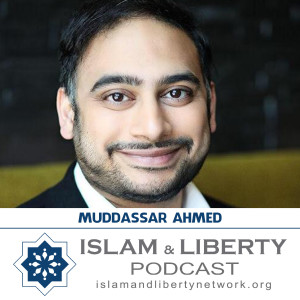
Tuesday Jan 26, 2021
Episode 038 - Muddassar Ahmed: How Muslim organizations should manage their PR
Tuesday Jan 26, 2021
Tuesday Jan 26, 2021
Muddassar Ahmed is President of the The Concordia Forum, a managing partner at Unitas Communications and independent advisor to the U.K. government
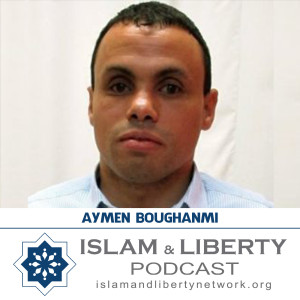
Tuesday Jan 26, 2021
Tuesday Jan 26, 2021
This Podcast was based on a casual conversation betweeb Professor Aymen Boughanmi and Ali Salman, CEO of ILN.
Dr. Aymen Boughanmi is a researcher in political affairs and economic history.
He has a PhD in British and American civilization. He teaches at Kairouan College, English Department.
Among his most notable books are: The Post-Revolution State (2012), The Arab Autumn: In the Contradiction between Revolution and Democracy (2015).
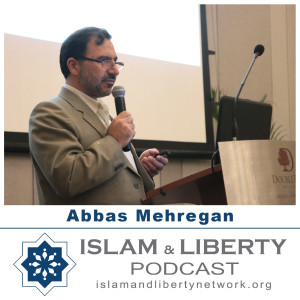
Friday Sep 04, 2020
Friday Sep 04, 2020
Abbas Mehregan, Ph.D. in Sociology of Religion from the University of Cologne (Germany) and licentiate in Islamic Sciences is a faculty member of the University of Tehran. He has carried out several studies in the field of sociology of Islam as well as the sociology of Islamic countries.
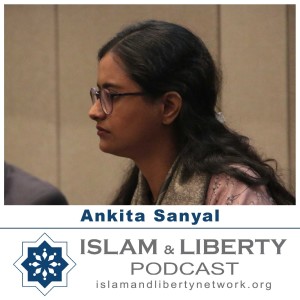
Sunday Aug 23, 2020
Sunday Aug 23, 2020
Ankita Sanyal, PhD scholar at the Centre for West Asian Studies, Jawaharlal Nehru University, New Delhi, India. Her research is on “Balancing Traditional and Modern Roles of Women in Islamic Republic of Iran: Role of Education System.” She did her post graduation in Politics and International Relations from School of International Studies, Jawaharlal Nehru’s Universit, New Delhi, India. She have attended national and international conferences and currrently have two publications.
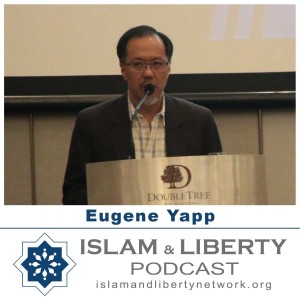
Friday Aug 07, 2020
Episode 034 - Eugene Yapp; Reflections and Perspective from Malaysia
Friday Aug 07, 2020
Friday Aug 07, 2020
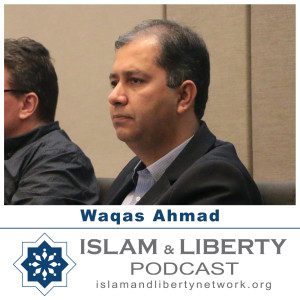
Monday Jul 20, 2020
Monday Jul 20, 2020
Waqas Ahmad is Assistant Professor at Faculty of Management Sciences, International Islamic University Islamabad, Pakistan. He consider himself as social scientist and interest in age old elusive question of why some nations are rich and others are poor. The complexity of the question require insights not only from economics but also from psychology, sociology, politics and history.
In his paper, the idea of religious freedom and its implications for economic growth will be identified and documented. The government restrictions and social hostilities involving religion has been increasing in the last few years across the globe. In the end, the lesson can be learned from country case studies, where by changing government regulations and social norms, they are able to reap the benefits of religious freedom.
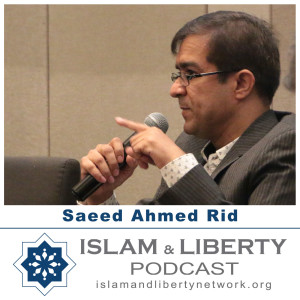
Friday Jul 03, 2020
Friday Jul 03, 2020
Saeed Ahmed Rid is an Assistant Professor at the National Institute of Pakistan Studies, Quaid-i-Azam University, Islamabad, Pakistan. He did his PhD in Peace Studies from the University of Bradford, UK and his postdoctoral research at the University of Oxford, UK.
In this paper, he tried to explain how a regime type affects religious freedom in same country. Does personality of the ruler and his political vision matter as well? What type of complexities are created by the changing international environment? What kind of new forums and avenues are available to the religious minorities in democratic dispensation that cannot be provided by the dictatorial regimes?
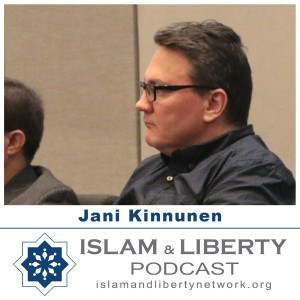
Thursday Jun 18, 2020
Thursday Jun 18, 2020
Jani Kinnunen is a researcher at Åbo Akademi, Finland. His research interests include data science related to economics and political science. His application work has focused on freedoms in economic and political systems, mergers and acquisitions, and real options.
His paper studies how the combination of political regime and religious freedoms are related to human development indices. The tested hypothesis states: the higher the quartile level of religion-democracy combination, the higher the levels of economic and political freedoms, as well as, the human development.

